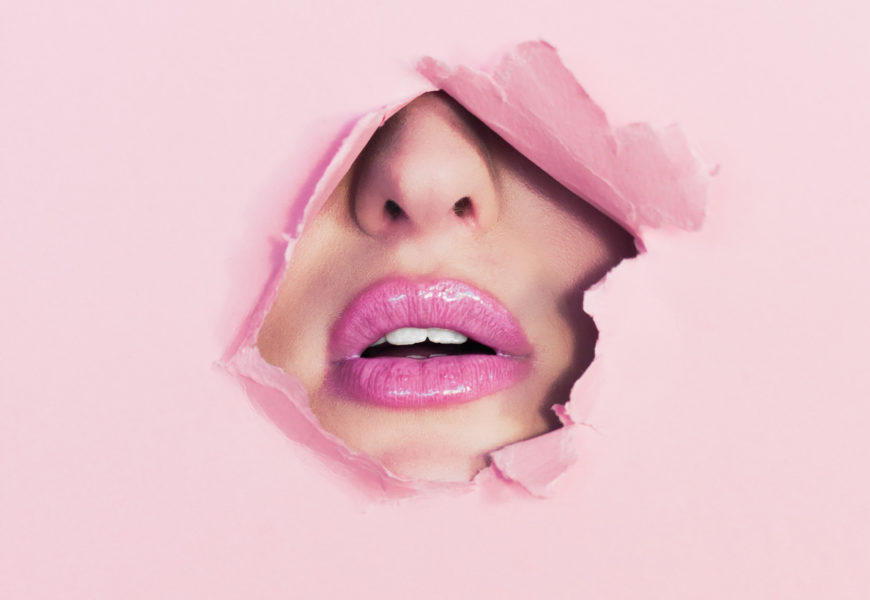Ariana Grande’s latest single “7 Rings” ranked her alongside pop stars Britney Spears and Mariah Carey as the only female artists to have multiple No. 1 songs on the Hot 100 from the same album, along with other accomplishments. Among the accomplishments and success, though, came controversy. Soon after Grande released her new single, Princess Nokia — a Latina rapper gaining popularity — posted a video on her Instagram story implying that Grande had stolen her lyrics and flow as she played “7 Rings.” Nokia wrote, “Does that sound familiar to you?” She goes on to say “Ain’t that the little song I made about brown women and their hair? Hmm… sounds about white.” Her accusation is loaded — not only does she imply that Ariana Grande’s new song copied her song “Mine,” off her 2017 album “1992 Deluxe,” but also implies that Grande’s use of the lyrics around buying hair appropriates the experience of Black and Brown women in America.
The response to this accusation has been mixed. While some listeners agree that “7 Rings” sounds very similar to Princess Nokia’s song, others are adamant that Ariana Grande did not appropriate these lyrics or musical style, since “Princess Nokia did not invent the trap beat,” says Daniel Angel Varela ‘22. “Ariana just found herself in a place where music can’t be truly original when a music style limits an artist to the constraints of beats and rhythm.” To Varela, the new beat is what “made [him] tune in” to Grande’s new song in the first place. On the other hand, Giselle Barahona ‘21 says she went through a “whole process of emotions” once she found out about the controversy through Princess Nokia’s Instagram story. To Barahona, the songs sound the “exact same” when it comes to comparing the chorus, rhythm and bass. Since Ariana Grande is a mainstream pop artist with R&B influences, her new single sounds “forced and intentional to [fit into] the hip hop lifestyle,” which is becoming more mainstream, says Barahona.
The accusation of “stealing” a beat or flow has been a recent phenomenon in the music community, especially when a white artist uses one from a non-white, usually Black or Latinx artist. Artists of color and their families have become hypersensitive to this since there is a history of whitewashing genres to make them more popular and mainstream, with no credit to the communities of musical origin. For example, in 2013, there were accusations that Robin Thicke, a white pop artist, and Pharrell Williams, a Black pop artist, stole Black R&B artist Marvin Gaye’s 1977 song “Got to Give it Up.” In this case, the attorneys only used a stripped-down instrumental version of the song to determine whether it was copied or not. In my opinion, these two songs overall are a lot more similar than Ariana Grande and Princess Nokia’s. First, Grande remixes the melody of Julie Andrews’ “My Favorite Things” before the bass comes in to mark the chorus. The chorus, on the other hand, sounds very similar to Princess Nokia’s flow in “Mine.”
Just copying or stealing music, though, is different than the full accusation against Grande. Lyrics and themes, too, play a role in whether Grande appropriated trap music and Black and Brown culture through “7 Rings.” In “Mine,” Princess Nokia raps about the experience of Black and Brown women’s hair in the United States. The song begins with a sarcastic series of questions like “Is that a wig?” and “Is that a weave? I’m confused” –lyrics meant to replicate the inappropriate questions that women of color are asked daily from their white peers. The main verse of the song then repeats “It’s mine. I bought it.” As Barahona said, “The whole point of the song was to create this solidarity and empowerment of the community. It’s called ‘Mine.’ It’s [women of color] taking back what’s theirs.” Grande, on the other hand, takes the idea of buying hair out of context. After the remix of “My Favorite Things” where she changes the lyrics to be about a supposed shopping spree at Tiffany & Co., Grande then says “You like my hair? Gee, thanks. Just bought it.” Grande is notorious for having extensions to rock her signature long, high ponytail. The chorus then repeats, “I want it, I got it.” Grande strips the idea of buying hair out of its context and does not “respect [the black and Brown] community… ripping off their issues and making it so trivial.” Instead of it being a way for women of color to express and empower themselves, it becomes a sign of materialism and extreme wealth, the overarching theme of “7 Rings.”
It is extremely complicated to pinpoint whether a song copied another and requires complex knowledge of musicology, especially since musical changes are always evolving and borrowing from others. Additionally, it’s only possible to copyright a melody under US copyright law so copying any sort of harmonic progressions or flow is completely legal. This can be seen in the late 70s with hip hop, disco and pop rock. There is a similarity between the beats of “Rapper’s Delight” by The Sugarhill Gang from 1979, “Good Times” by Chic from 1979 and “Another One Bites the Dust” by Queen from 1980. In the end though, the controversy comes down to the appropriation of Black and Latinx cultures through taking their issues, like hair, out of context. Even though Grande may buy her own hair, white people are not ridiculed or subjected to aggressive questioning around their hair the way that women of color are.
In the end, no matter the facts around whether Ariana Grande is guilty of stealing music from other artists or not, we need to remember scholar George Lipsitz’s cautionary words: “Intercultural dialogue does not automatically lead to intercultural cooperation, especially when participants in the dialogue speak from positions of highly unequal access to power, opportunity, and life chances.” •










